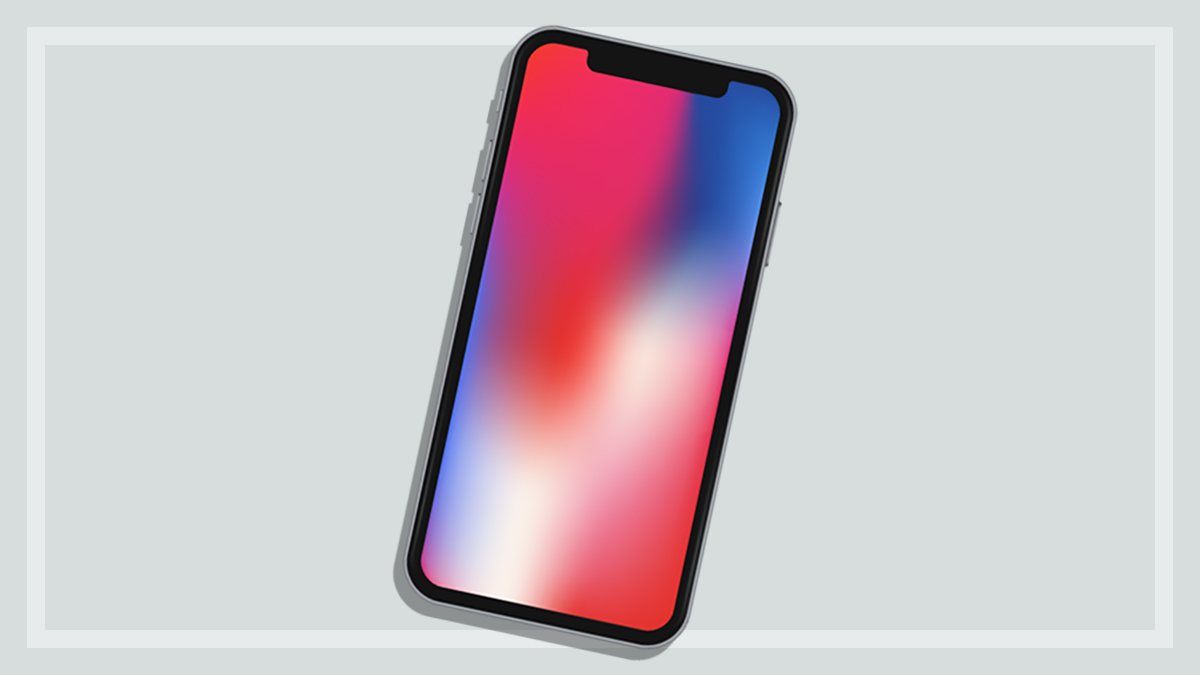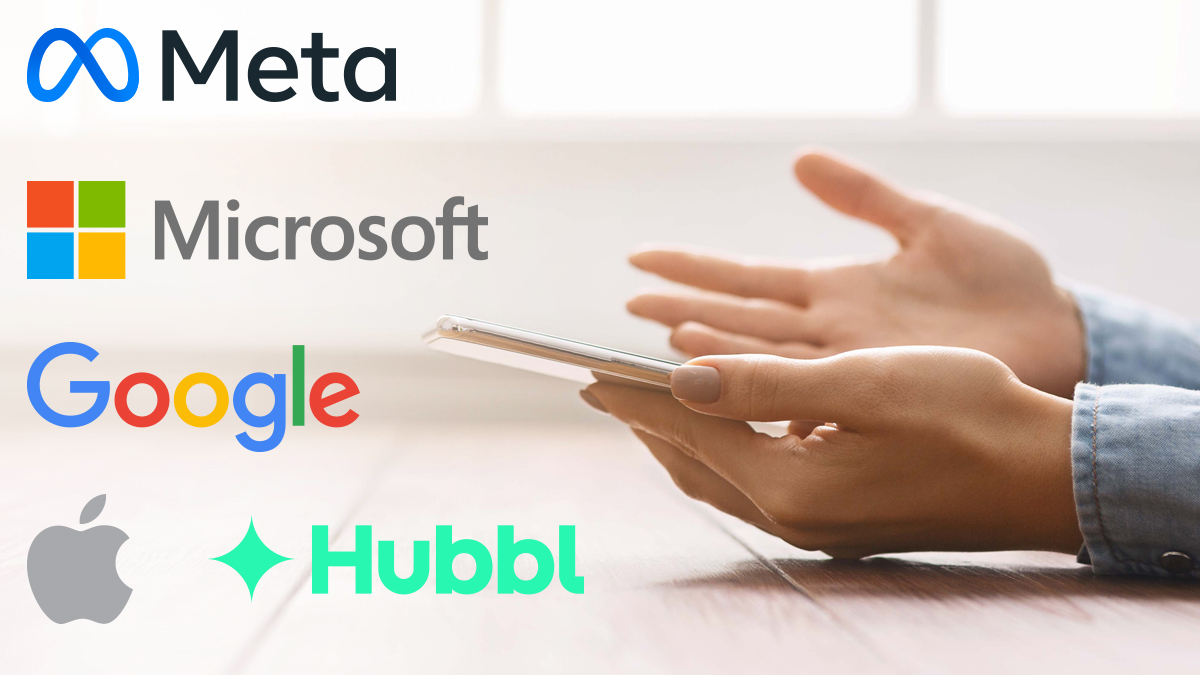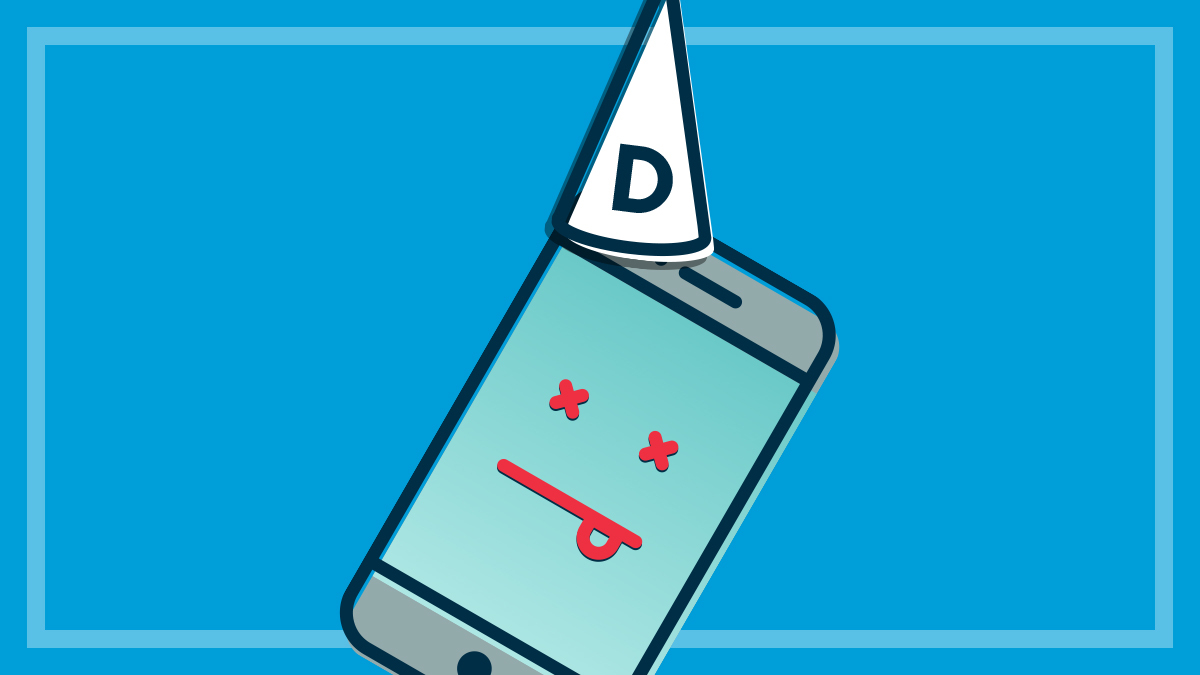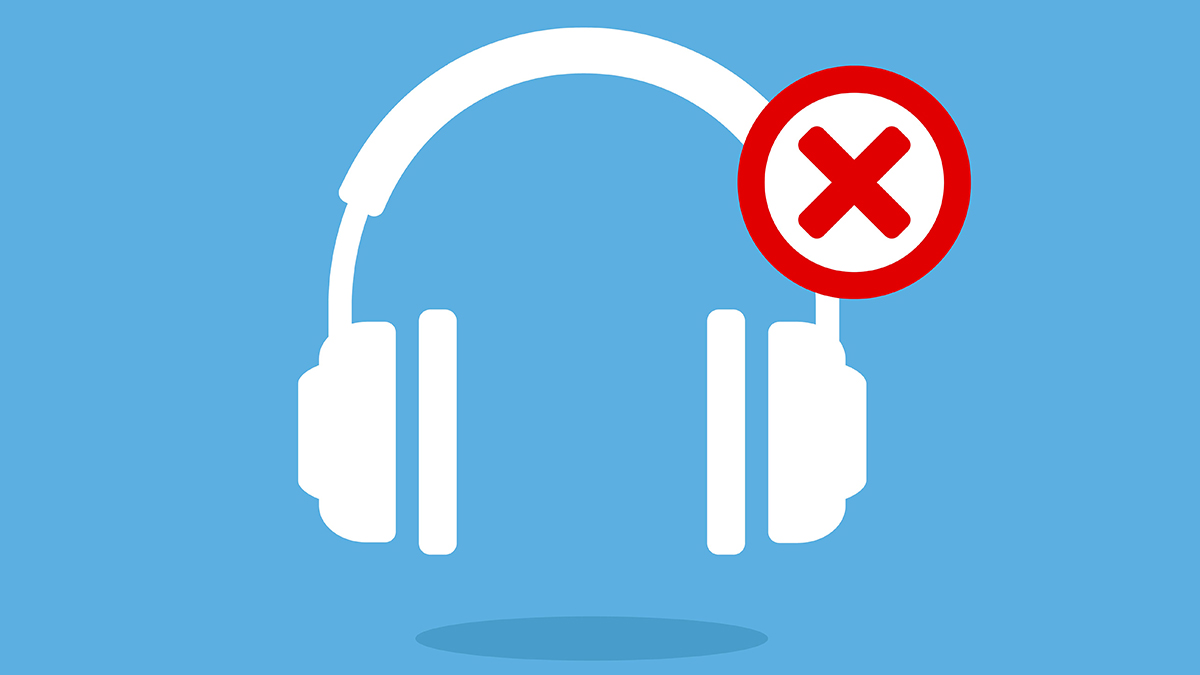Get our independent lab tests, expert reviews and honest advice.
Retailers selling phones that could stop working properly within weeks
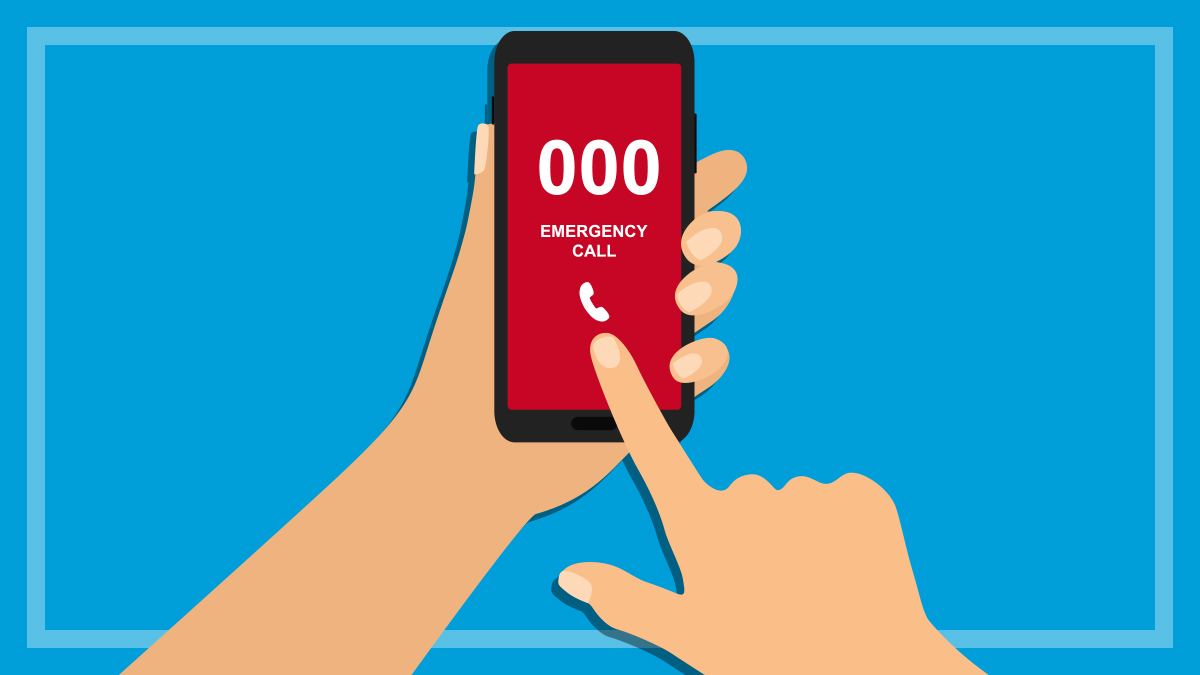
Need to know
- Australians have recently been sold smartphones that could lose connection when 3G networks get shut down later this month
- The phones may be unable to call triple zero, leaving users cut off in an emergency
- Advocates say some retailers weren’t prepared and industry representatives say affected phones are still being sold
On this page:
- Why some newer phones will be impacted by the 3G shutdown
- Incompatible devices could put lives at risk
- Consumers "astonished" phones were sold
- Better process needed to track down affected phones
- How to buy a safe second-hand phone
Michael Ramsden is getting ready to help his elderly mother-in-law Judy return a smartphone he helped her buy just five months ago.
Right now, there’s nothing wrong with it, but an audio message that plays every time she tries to make a call warns that’s about to change.
The alert from Telstra says the phone “likely won’t be able to make calls to triple zero” once Australia’s remaining 3G networks are shut down later this month.
“For an 84 year-old, that’s a panic,” Michael says. “Post shutdown, the phone’s basically useless. You can’t carry a phone around that can’t make an emergency call.”
The phone ‘likely won’t be able to make calls to triple zero’ once Australia’s remaining 3G networks are shut down later this month
And Judy’s isn’t an isolated case. Michael also received the same message on a phone he recently bought.
CHOICE has heard from multiple consumers who’ve recently been sold refurbished phones, including some newer models, that could lose triple zero access when Telstra and Optus turn off their 3G services on 28 October.
Consumer advocates say the inability of such devices to connect users to emergency services could be “a matter of life and death” in some situations, while telco industry representatives say affected phones are still in circulation.
Why some newer phones will be impacted by the 3G shutdown
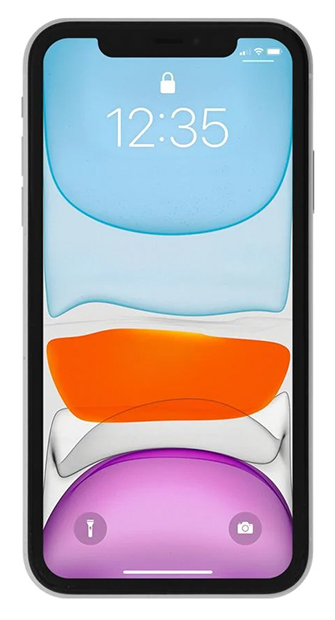
In the effort to prepare Australians for the end of 3G, people using older phones or other devices such as personal alarms that wholly rely on the decades-old technology have been the main targets of messages urging an upgrade.
But Michael and Judy’s experiences are a reminder that tens of thousands of other, more modern devices estimated to be circulating in Australia are also likely to be affected by the shutdown.
These include earlier 4G-enabled models and grey-market devices – phones designed for overseas users that have ended up in the hands of Australians through the refurbished mobile trade.
Once 3G disappears, these devices could leave users without service for a variety of reasons: some don’t support all of the 4G bands Australian telcos use to service customers, while others revert back to 3G when a user dials triple zero.
Some affected imports are much newer than the phones released back when 3G was the norm, including the iPhone 11 Michael purchased.
“I was a bit taken aback because I thought [much] older phones will be affected,” Michael says, recounting his reaction when he first began receiving warnings.
“That’s when I discovered it was the model number that was the problem. I found out the model number of my phone indicated it was a US import.” An inspection of his mother in law’s device revealed the same issue.
Apple’s website confirms multiple iPhones with US model numbers don’t support 4G Band 28 – one of the key bands used by local telcos to operate their 4G networks.
It’s this inability to connect to all Australian 4G frequencies that could leave a phone like Michael’s with patchy access to vital services like triple zero when the backup 3G network disappears.
Incompatible devices could put lives at risk

The Australian Communications Consumer Action Network (ACCAN) says it’s been hearing from consumers who have ended up with foreign phones that could soon lose triple zero access.
“They’re definitely going to experience coverage reduction,” says Carol Bennett, CEO of the telco consumer advocate. “For some people, that could be a serious health and safety risk… a life and death risk.”
The Australian Mobile Telecommunications Association (AMTA) represents retailers and is working with the federal government to prepare Australia for the 3G shutdown.
The industry group is working to raise awareness, but CEO Louise Hyland says local consumers could still be sold affected phones.
“We have become aware that certain retailers are still selling handsets that are not fit for purpose in the Australian market,” she says. “[These phones] will not be compatible with Australia’s 4G and 5G networks once the 3G networks close.”
Bennett suggests this could be due to many vendors of imported phones being unaware that some of their 4G-enabled products will be affected by the 3G shutdown.
“The extent of the problem has been underestimated,” she says. “We’re talking to suppliers and refurbished device companies that don’t know about this.”
Consumers “astonished” phones were sold
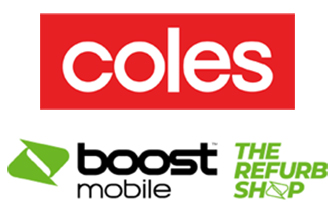
Many of the affected phone users CHOICE has spoken to are questioning why major brands sold them devices that could soon lose access to crucial connections like triple zero.
Michael Ramsden helped his mother-in-law buy her impacted phone from Coles, while he bought his from a local phone store in their hometown of Ulladulla.
Michael was shocked when he realised the supermarket giant was selling these phones so close to the 3G shutdown.
“I was just astonished that a company the size of Coles hadn’t pre-checked that imported phones would be unlikely to work on the Australian network post 3G shutdown,” he says.
The company says it is offering refunds to any customers who purchased the phones in the past 12 months
Coles says it’s since withdrawn several refurbished iPhone models from sale after it realised these handsets originating from the US would be impacted by the 3G shutdown.
The supermarket didn’t answer our questions about when these devices were withdrawn and how many were sold before it intervened.
But the company says it is offering refunds to any customers who purchased the phones in the past 12 months.
CHOICE has also heard from consumers who were sold incompatible phones by Boost Mobile. Boost couldn’t be reached with a request for comment.
Better process needed to track down affected phones
Telco consumer advocates say more effort needs to go into tracking down affected phones.
The demise of 3G has been on the cards since 2019, when Telstra announced plans to turn off its network.
Vodafone’s 3G was switched off in December last year, while Telstra and Optus were originally planning to sever the bulk of services with their respective shutdowns in late August this year.
These have been delayed until 28 October, in a decision the federal government and consumer advocates welcomed as giving Australians more time to prepare for the change.
ACCAN’s Carol Bennett says governments and industry should be doing more to track down the grey-market phones putting Australians at risk
Both telcos have been running awareness campaigns, contacting users of affected phones, and promising to help people in financial hardship upgrade to stay connected.
But ACCAN’s Carol Bennett says governments and industry should be doing more to track down the grey-market phones putting Australians at risk.
“We really should have a more sophisticated audit that identifies what devices we’re talking about and a clear strategy for contacting suppliers and consumers to ensure that they’re aware,” she says.
For its part, the mobile industry is providing free tools for Australians to check if their phones will be impacted. See our guide to what they are and how to use them.
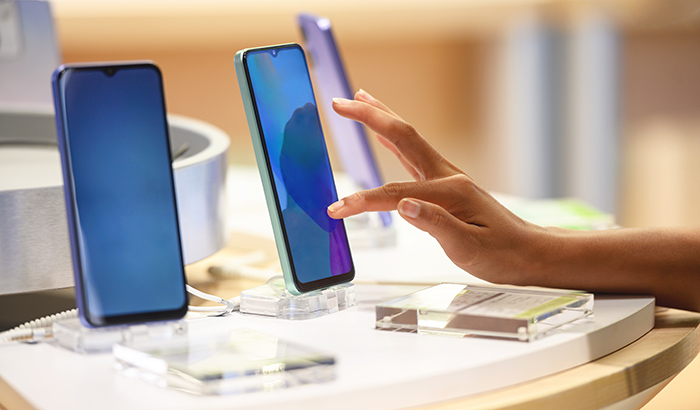
How to buy a safe second-hand phone
Bennett recommends anyone shopping for a second-hand mobile make sure they’re buying something designed for the local market for the time being.
“In the context of this uncertainty, we would probably recommend that the retailer you’re purchasing a phone from is supplying Australian models,” she says.
The AMTA is also warning consumers against buying grey-market devices.
It recommends going to reputable retailers and asking if the device can support:
- All Australian mobile frequency bands, especially the 700 MHz band (Band 28) (WhistleOut has a list of the different bands currently used by local telcos).
- 4G and 5G voice calling (VoLTE).
- 4G and 5G (VoLTE) emergency calling.
The AMTA also recommends asking the seller for the phone’s IMEI number and putting it into its Check My Device. This will tell you if the phone will be affected by the 3G shutdown.
To see how different phone models perform, check out our latest reviews of smartphones and mobile phones for seniors.
If you’re disposing of a phone unlikely to work post-shutdown, make sure you don’t sell or pass it on to anyone expecting it to be a reliable device.
Check out our guide on how to recycle your phone and electronics to see how you can give your phone a safe and sustainable send-off.

